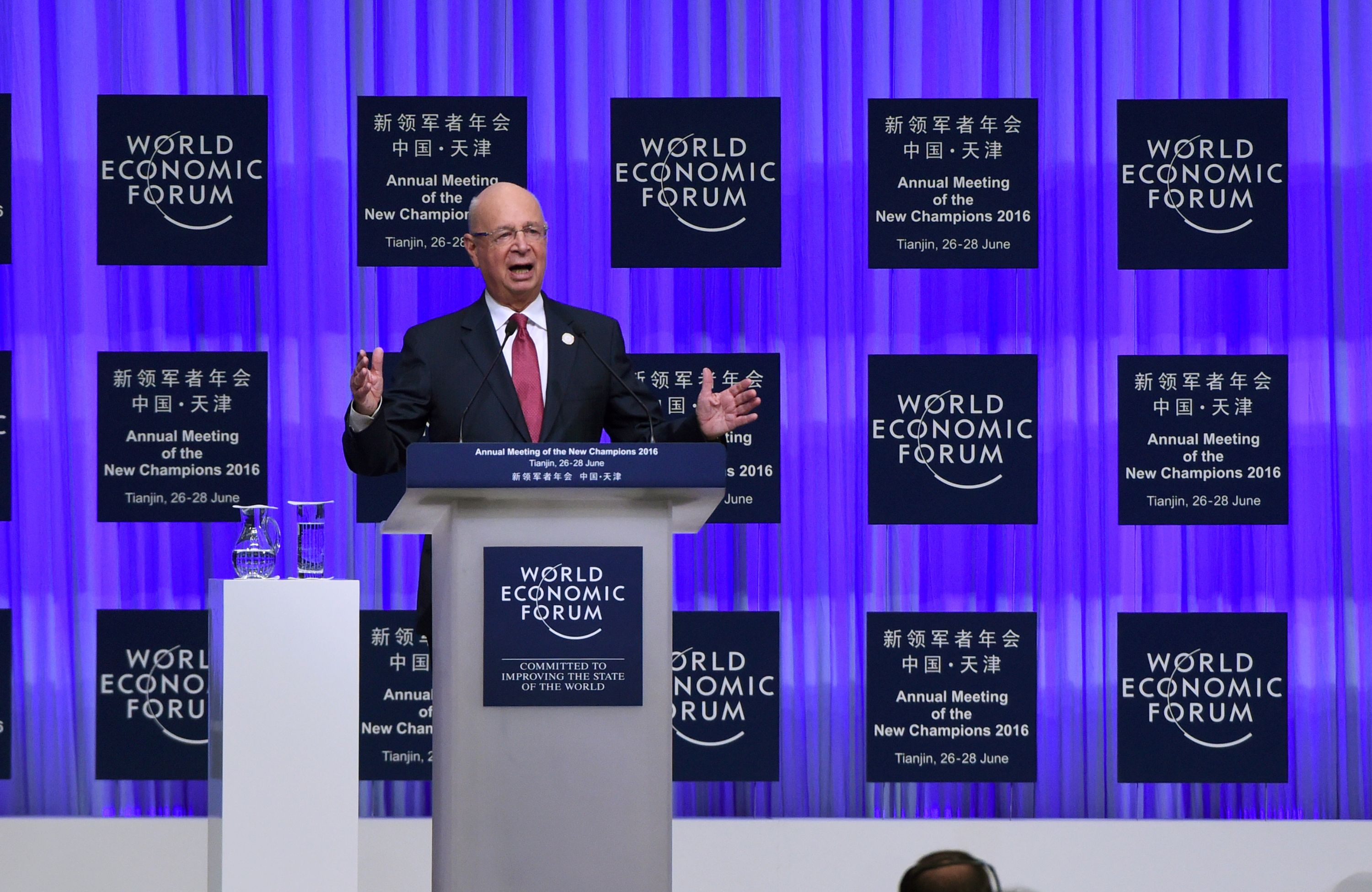IBM to fight pollution in China with artificial intelligence
Pollution has been the general public health issue in China, causing deaths of more than one million each year, based on the study conducted by researchers at the University of California, Berkeley. It is also the primary subject of a political and public argument.
Pollution problem is challenging, prompting IBM Research - China to use data supplied by the Beijing Environmental Protection Bureau for the refinement of its models, and the prediction have a resolution of a kilometer and are 30% more precise compared to those taken through conventional approaches.
IBM Research - China was established in Beijing in September of 1995. A new research facility was opened October 2008 in Shanghai giving local partners with greater accessibility to IBM Research's capabilities.
For the past years, it has stable growth and become one of the most prestigious and well-recognized research institutes in China.
The IBM researchers test a computer system which is capable of learning to predict the air pollution's severity in various parts of the city several days in advance through the combination of massive quantities of data from several types of models which is considered a great complex computational challenge.
The system offers specific recommendations on how to reduce pollution to an acceptable level.
"We have built a prototype system which is able to generate high-resolution air quality forecasts, 72 hours ahead of time," says Xiaowei Shen, director of IBM Research China.
This is to reduce Beijing's severe air pollution through the help of the artificial intelligence. Like many other cities across the country, Beijing is surrounded by many coal-fueled factories emitting harmful particulates. Pollution levels vary depending on different factors such as traffic congestion, industrial activities and weather conditions.
The project is known as Green Horizon and is an example of how wide IBM is hoping to get its research applied by using advanced machine learning to extract insights from large amounts of data which the company calls "cognitive computing".
The project is also highlighted with an application of the technology that IBM would like to export other countries with high levels of pollution.
The institute is presently pushing artificial intelligence in many various industries, from health care to consulting. The cognitive computing effort encompasses natural language processing and statistical techniques developed originally for the Watson computer system.
China has committed to improving the air quality of 10% by 2017 through the Airborne Pollution Prevention and Control Action Plan. An analysis this past April was made to 360 Chinese cities by the charity Greenpeace EastAsia, based in Beijing, showed that 351 of them had pollution levels that exceed China's own air quality standards even if the levels improved since the period a year before.
The average level of measured airborne particulates was more than two and a half times the limit that was recommended by World Health Organization.












